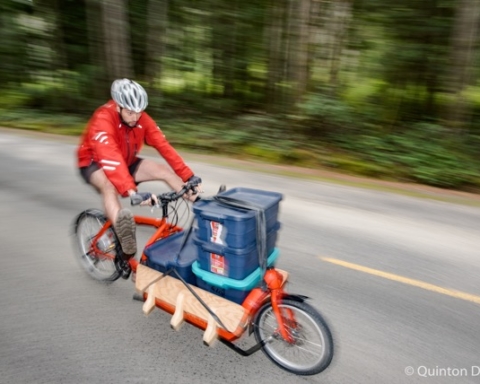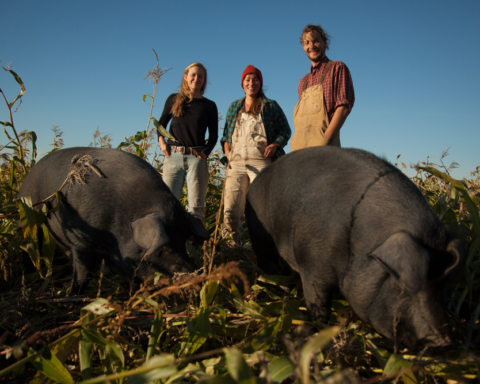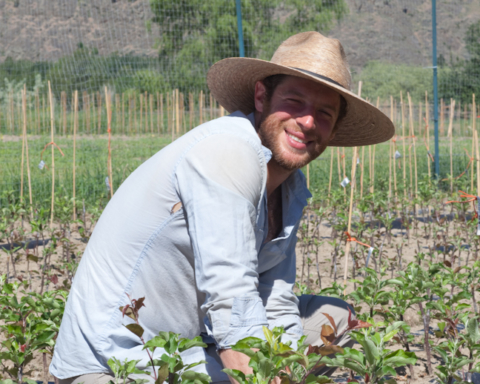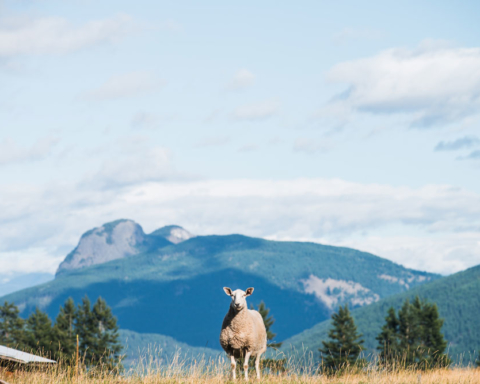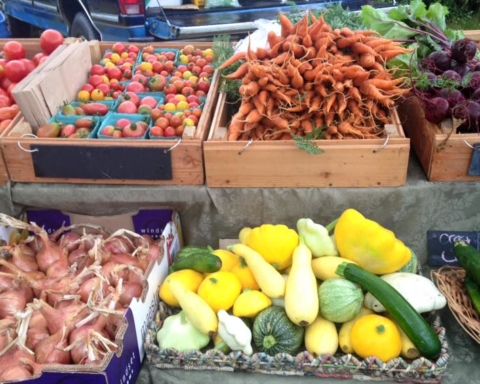Editor’s Note: What follows is the Certified Organic Association of BC’s submission to the Minister’s Advisory Committee on Revitalizing the ALR (Agricultural Land Reserve) and ALC (Agricultural Land Commission).
The Certified Organic Associations of BC appreciates the opportunity provided by the BC Ministry of Agriculture to submit input regarding revitalizing the Agricultural Land Reserve.As the voice of the BC organic sector, the Certified Organic Associations of British Columbia (COABC) promotes organic awareness and principles. Through our nine certification bodies, COABC holds a membership of approximately 750 certified organic and transitional operations but represents the much wider interests of the entire sector. As a non-profit organization, COABC is mandated to promote the principles of the organic sector, which focus on care for the soil. Naturally, COABC views the ALR as an essential element for building a thriving agricultural sector.
COABC & the ALR
In 2014, COABC surveyed its members about pending changes to the ALR. The top concerns for our members were: loss of farmland (94%), non-farm uses in the ALR (84%), and soil and water contamination (70%).
The new 2018-2022 Organic Sector strategic plan includes the mandate to advocate for the protection of food lands and COABC views farmland as an essential element. Maintaining and protecting our food land is vital for the BC Organic Sector and future farmers.
Both ALR mandates, to Preserve Farmland and Encourage Farming, are essential components of the ALR. There are many ways to achieve these goals and the following suggestions come from working with organic farmers and new entrants to farming. COABC believes both parts of the ALR mandate are critical to the future of farming in BC.
Farmland Preservation
- Deter speculation and foreign ownership on our valuable food land. One of the largest barriers to the next generation of farmers in BC is the high cost of farmland. Speculation on farmland makes farms unaffordable to young and new farmers. It also means that those who do purchase at high prices will likely have to subsidize the farm with off-farm revenue.
- Base the scale of non-farm uses on percentage and quality of land base used for those non-farm activities.
- Ensure that non-organic farms and neighbouring non-farm uses do not risk contamination of land and water.
- COABC would like to see small parcels of agricultural land embraced and not marginalized.
- The ALC should not delegate any authority to the oil and gas commission.
Encourage farming on ALR
As part of its mandate, the ALC has a leading role to play in encouraging and enabling new and young farmers. Though this part of the mandate has not been a main focus in the past, the demand for this type of support is increasing.
- The preservation of farmland must be closely linked to encouraging farming on ALR land. In fact, changing the wording from ‘encourage’ to ‘ensure’ would mandate the ALC to take bold action to bring our preserved farmland into food production.
- Access to land via leases. Partial farm leases for agricultural purposes should be supported as a viable way to increase new entrants into agriculture because land prices are a barrier. It should be very clear that these leases do not divide the property permanently.
- Implement a housing strategy that encourages agriculture, such as a home plate policy, limited by parcel size. This would reduce the threat of mega-mansions (and their trappings) sprawling over farmland. Extremely large homes on farmland effectively put the land out of reach of the average farmer as the resale value increases drastically. Alternatively, the home plate system could provide a solution to farm worker housing and encourage farming by the next generation.
- Review taxation policies to incentivize active farming on ALR. Farm threshold status should be increased. In the 30 point housing plan in the 2018 provincial budget, a commitment to closing tax loopholes on ALR land was made. Ensuring that new speculation taxes work for the preservation of ALR land and do not increase development pressure is essential.
COABC supports a strong, independent and well-funded ALC to manage the ALR throughout the province. COABC commends the willingness to explore various options to invigorate the ALR system. The ALR is a fundamental tool in the protection of our agricultural lands and the creation of healthy local food systems. The valuable farmland in BC should primarily be used for food production. Agriculture, the preservation of BC’s farmland, and food security should be the prime considerations for the ALC when considering activities on ALR land.
To revitalize the ALR for British Columbia, thorough consultations beyond this tight timeline should be conducted, especially with farmers and future farmers. Many of these ideas and suggestions would need substantial input and time to implement. Working with the agriculture community will help maintain an ALR that is resilient going forward. COABC would support the creation of a more long term ‘committee’ to determine the appropriate path to implementing the revitalization of the ALR.
Recently, the COABC has joined the Foodlands Trust Cooperative of BC. There is great opportunity for the ALR to work in collaboratively with other initiatives, such as the trust, to support the preservation of food lands in BC. Together we can create a robust ALR.
The statement the Auditor General made in his 2010 audit of the ALC:
“Agriculture land is an indispensable, natural resource. Once taken over for urban development farmland is no longer available for food production. Protected farmland fosters local economic stability and provides environmental services and public benefits. One of the main reasons for any jurisdiction to preserve farmland, however, is to secure food production into the future, especially in light of the impending effects of climate change.”



